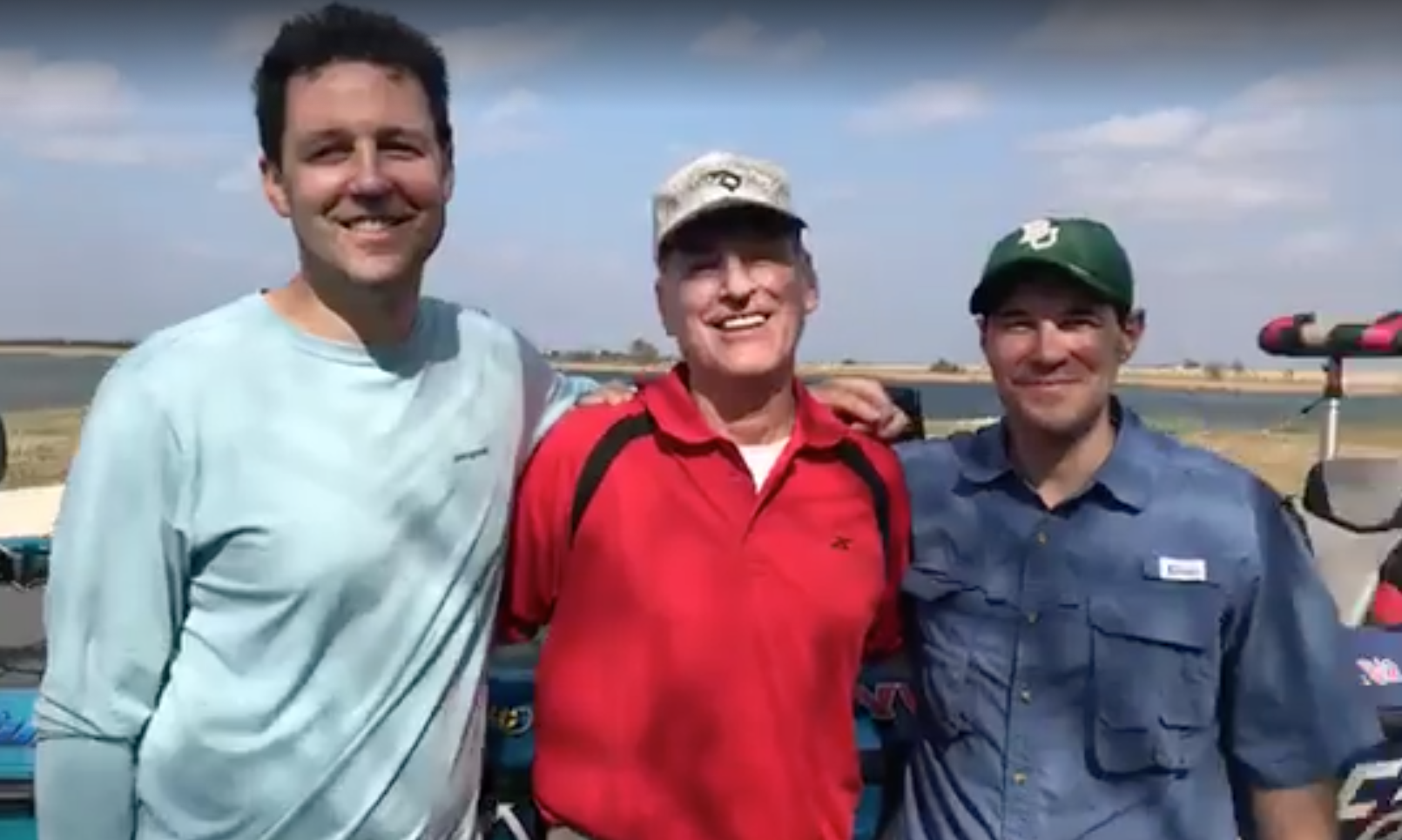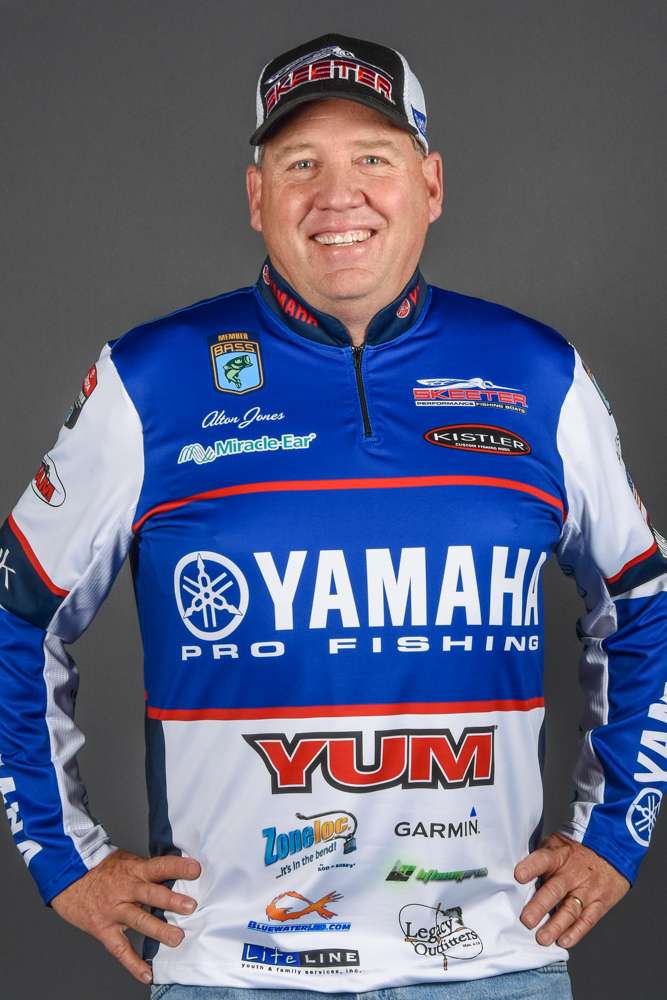
Professional fishing is much more than a job; it’s a serious, physical sport full of challenges and demands. That’s why I’ve always enjoyed interacting with other athletes and their coaches.
Well, I got a big dose of that this week when I had three NCAA basketball coaches in my boat at the same time. I had Baylor Head Coach Scott Drew, his brother Bryce, who coaches at Vanderbilt and their father, retired Valparaiso coach Homer Drew.
Scott has been my longtime friend and fishing buddy, so when he knew his dad and brother would be in town, we decided to set up a day of bass fishing on a private lake. I like to stay active during the off season and part of that is frequent fishing trips to keep myself in good form. But this trip was special because I got to expand my friendship with Scott’s family.
When I won the Bassmaster Classic in 2008, Scott called me a couple months afterwards to introduce himself and congratulate me. He invited me down to tour the basketball offices and have lunch with him.
Afterwards, we kept in touch and became good friends. Scott’s schedule is even busier than mine, but we still find time to fish together a handful of times a year. So, our recent trip was nice because I got to spend time with my friend and see him enjoy spending time with his family.
With three coaches on the boat, you know the competition level — and the trash talking — was pretty high. But we had a great time, and I really enjoyed hearing the kind of wisdom and perspective that I can apply to my profession.
In bass fishing, the only coach I have is named “Alton Jones.” I’m my own coach, player and janitor. A professional fisherman has to be his own motivator, but sometimes it would be nice if there was a coach figure to fire you up when you needed it, or instill the right strategy in you.
I’m always seeking insights for when I have to be my own coach, so I’ll often ask Scott motivational questions. I’ll tell him different situations in which I know I wasn’t in the game, and I’ll ask him what he tells his players in similar situations to get them engaged.
What’s funny is that when we’re together, I always want to talk basketball and Scott always wants to talk fishing. I love college basketball — especially Baylor — and he loves bass fishing. During the summer, Scott fishes some local Wednesday afternoon tournaments, so he’s a really good bass fisherman, but he’s an even better man. He’s a person with a lot of character and integrity.
One particular lesson he’s taught me has become a critical element of my mental game. In those moments when I don’t have my head right, I need to focus on the basics and be very intentional. Good example: Focus on making every cast count; which, in basketball, would be akin to protecting the ball.
Over the years, I’ve used that as one of my mottos: There are no wasted casts. Every cast is an opportunity for a big fish. You have to create those opportunities, and then you have to seize the opportunity when the moment arises.
Whenever I feel myself drifting away in a tournament, I have a mental mechanism to get myself back on course. I can automatically go back and focus on the basics with a very intentional perspective.
Whenever I find myself in this type of scenario, it’s usually because something negative has happened and that got me off course. Having a mental checklist takes my focus off the things I can’t control and helps me concentrate on the things that can get me heading in the right direction.
Another meaningful takeaway was the depth of interaction my guests displayed. In addition to being outstanding coaches, they also showed me a great example of father-son relationships. That’s obviously something that means a lot to me, so I’d say I was very fortunate to have spent a day with three men who share my values — both as a competitor and as a person.

